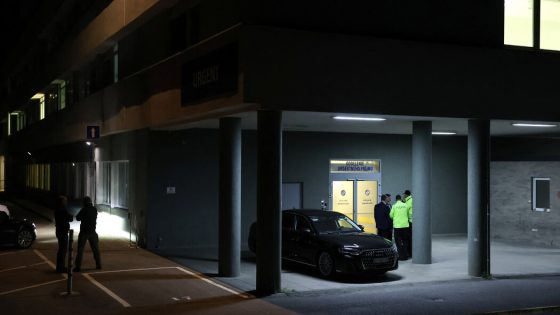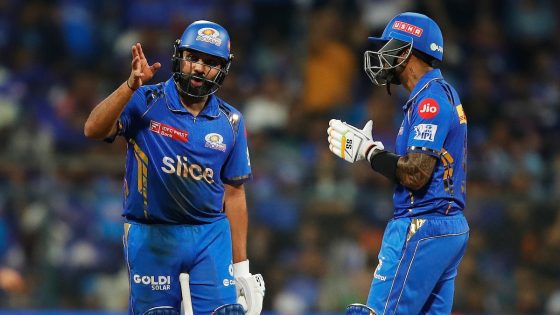A day after Slovakia’s prime minister, Robert Fico, was critically wounded in what his government called a politically motivated assassination attempt, attention focused on Thursday on the security breaches that allowed the attack to occur.
Mr. Fico’s condition stabilized overnight and doctors are carrying out more procedures in hopes of improving his condition, Deputy Prime Minister Robert Kalinak told a news conference on Thursday morning outside the hospital where he is being treated.
Miriam Lapunikova, the hospital’s director, said Mr. Fico had undergone five hours of surgery for multiple gunshot wounds, work that required two operating teams. She said the prime minister’s condition remained “truly very serious” and that he remained in the intensive care unit.
An extraordinary meeting of Slovakia’s Security Council will take place on Thursday morning, according to the government, and the cabinet will also convene.
A former police chief, Stefan Hamran, said in an interview with Dennik N, a news outlet, that Mr. Fico’s security detail had acted unprofessionally during and after the attack and blamed them for scenes of chaos. “There was chaos, that’s obvious, and it’s a failure,” he said.
Political tempers in the deeply polarized Central European nation have been rising after Mr. Fico’s shooting, with the prime minister’s allies accusing their opponents of having “blood on their hands” and of stoking the violent hatred that they blamed for the shooting.
The interior ministry in Bratislava, the Slovak capital, called for calm. “Let’s stop spreading hate and calls for violence,” the ministry said overnight on a website it operates dedicated to fighting “hoaxes and frauds.”
Mr. Fico, a combative, shape-shifting veteran politician widely loathed by Bratislava liberals but often popular outside the capital, was shot five times, taking at least one bullet in his abdomen, after meetings on Wednesday with local officials and supporters in Handlova, a town in central Slovakia that voted heavily for his party in a September election for Parliament.
Amid mounting fear that Mr. Fico might succumb to his wounds, Slovakia’s deputy prime minister, Tomas Taraba, told the BBC late on Wednesday that “he’s not in a life-threatening situation at this moment.”
Filip Kuffa, a state secretary, said early Thursday on Facebook that Mr. Fico was in stable condition. “Praise the Lord,” he said.
But Markiza, a usually well-informed Slovak television station, reported that the life of the prime minister was still hanging the balance. It said that cellphones had been taken from many staff members at the hospital to prevent them communicating information about Mr. Fico’s condition.
With social media in Slovakia frothing with unconfirmed reports about the motives of the suspect — identified by news media outlets as a 71-year-old amateur poet and erstwhile anti-violence campaigner — and his political leanings, politicians across the political spectrum voiced shock and outrage at the attack while pointing fingers at each other.
Lubos Blaha, the vice chairman of Mr. Fico’s governing Smer party, said the opposition and what he called “the liberal media” had “built a gallows” for the prime minister by “spreading so much hatred.” Rudolf Huliak, an ally of the government from the far-right Slovak National Party, said progressives and journalists “have Robert Fico’s blood on their hands.”
Slovakia’s political temperature has risen to fever pitch in recent months as Mr. Fico’s government, in power since a tight September election, has pushed for an overhaul of the country’s state broadcasting system to purge what it sees as liberal bias and crack down on nongovernmental organizations it views as agents of foreign meddling.
Critics accused Mr. Fico of destroying democracy and trying to take Slovakia back to the repression of the country’s communist part before the 1989 fall of the Berlin Wall. Their tone has often been shrill, but no more so than that of the government, which regularly denounces its opponents as enemies of the people serving foreign interests. Mr. Fico recently called an opposition leader and legislator “worse than a rat.”
Speaking on Wednesday evening outside the provincial hospital where Mr. Fico was still undergoing surgery, the interior minister, Matus Sutaj Estok, said an initial investigation “clearly points to a political motivation” behind the shooting.
Source Agencies


